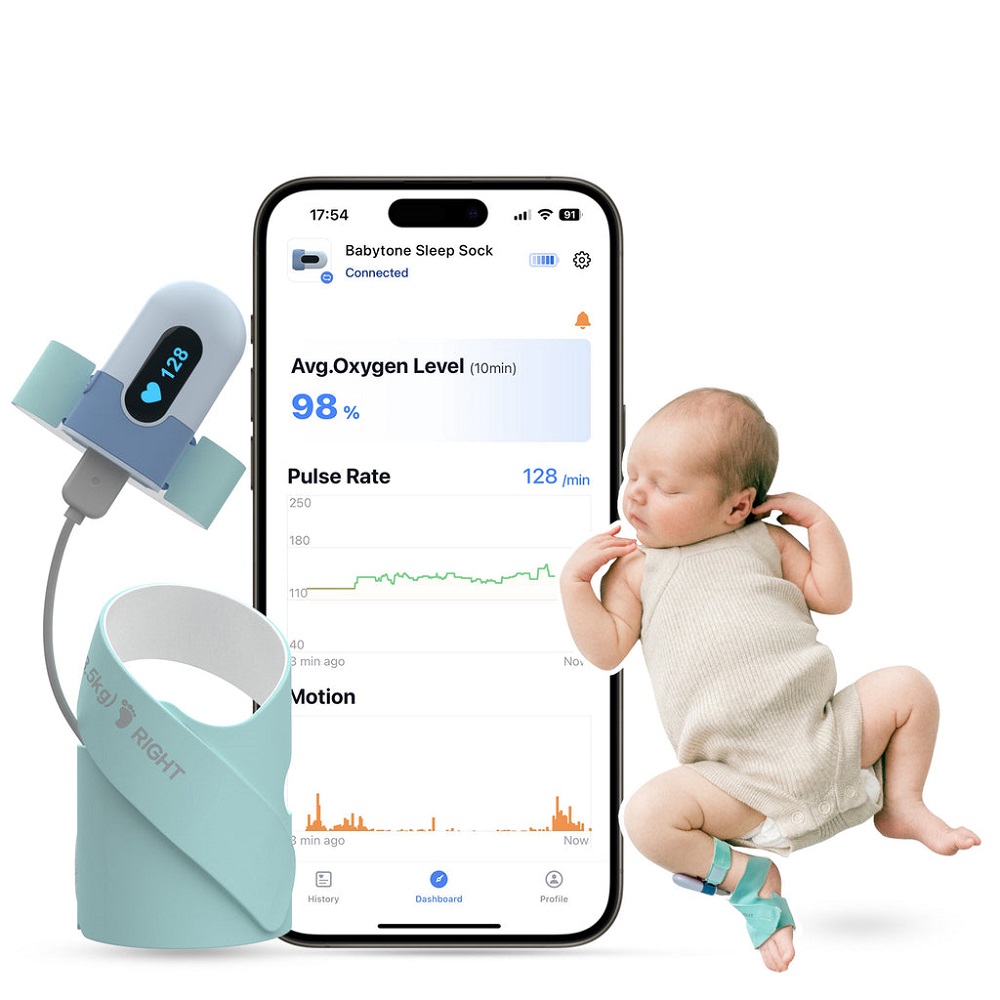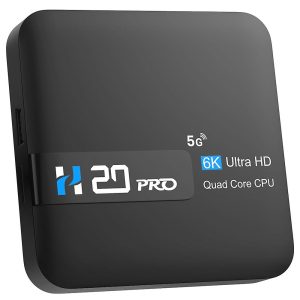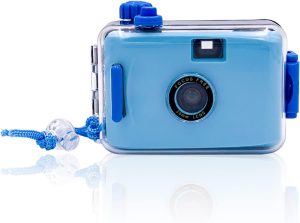In the early months of parenthood, sleep can become a rare commodity. Many parents seek to establish healthy sleep habits for their babies while also trying to monitor their child’s sleep patterns. This need has led to the rise of baby sleep tracker technologies, both in the form of mobile apps and dedicated devices. Each option offers a unique set of features and benefits, leaving many parents wondering which is the best choice for their needs. In this article, we will explore the differences between baby sleep tracker apps and devices, helping you make an informed decision about which option is right for you.
Understanding Baby Sleep Tracking
The Importance of Sleep Tracking
Sleep tracking for babies has gained popularity in recent years. Understanding a baby’s sleep patterns can help parents detect issues early and establish healthy routines. Newborns sleep in short cycles, awakening every few hours for feedings and changes. As they grow, their sleep patterns change, often leading parents to seek ways to monitor and support these transitions.
By tracking sleep, parents can recognize signs of sleep deprivation or sleep regression. This information can be invaluable in making necessary adjustments to improve sleep quality. Additionally, consistent tracking can help identify sleep associations, which can be altered to encourage better sleep habits.
How Sleep Tracking Works
Both apps and devices typically use similar principles to track sleep. They collect data on the duration and quality of sleep, providing insights into sleep patterns. Most tools utilize features such as timers or sleep logs that help parents input data manually. Some advanced devices can automatically detect sleep states based on movement or sound, requiring less manual input.
Understanding how sleep tracking works can help you leverage the insights for your baby’s benefit. By analyzing sleep data, you can make adjustments to your baby’s routine, ultimately improving their sleep and yours.
![]()
Overview of Baby Sleep Tracker Apps
Features of Sleep Tracker Apps
Baby sleep tracker apps provide a convenient way to monitor sleep patterns using a smartphone or tablet. These apps often include a range of features designed to enhance the tracking experience. Most apps allow you to log sleep times, feeding schedules, diaper changes, and wake times. This comprehensive tracking can provide a fuller picture of your baby’s day.
Many apps also include customizable reminders to help establish routines. For example, you can set alerts for nap times or bedtime routines, ensuring consistency for your baby. Some applications offer detailed charts and insights, making it easy to visualize sleep patterns over time.
Pros of Using Apps
One of the primary advantages of using a sleep tracker app is portability. Most parents carry their smartphones everywhere, making it easy to log information on the go. Furthermore, apps can often be downloaded for free or at a relatively low cost compared to dedicated devices.
Additionally, many apps can sync with other health tracking systems, allowing for a holistic view of both the baby’s sleep and the parents’ well-being. Mobile apps often receive regular updates, providing users with the latest features and enhancements.
Overview of Baby Sleep Tracking Devices
Features of Sleep Tracking Devices
Dedicated sleep tracking devices offer another way to monitor your baby’s sleep. These devices often come equipped with sensors that analyze movement, breathing, and even sound. Many models are placed in the crib or attached to the baby’s clothing, allowing for real-time monitoring without manual input. Some advanced devices can even provide insights into sleep cycles and disturbances.
Many devices are designed with user-friendly interfaces that display real-time data through connected mobile applications. This integration allows parents to receive alerts and notifications if their baby wakes up or if there are any irregularities.
Pros of Using Devices
The primary benefit of baby sleep tracking devices is their ability to monitor sleep without requiring constant parental input. For busy parents, the convenience of automatic tracking can be invaluable. These devices often provide precise insights about sleep quality, including how many times the baby woke up and how long they stayed awake.
Furthermore, many devices come equipped with additional features, such as white noise machines, nightlights, or smart home integration. These functionalities can create a conducive sleep environment for the baby while providing crucial tracking information.
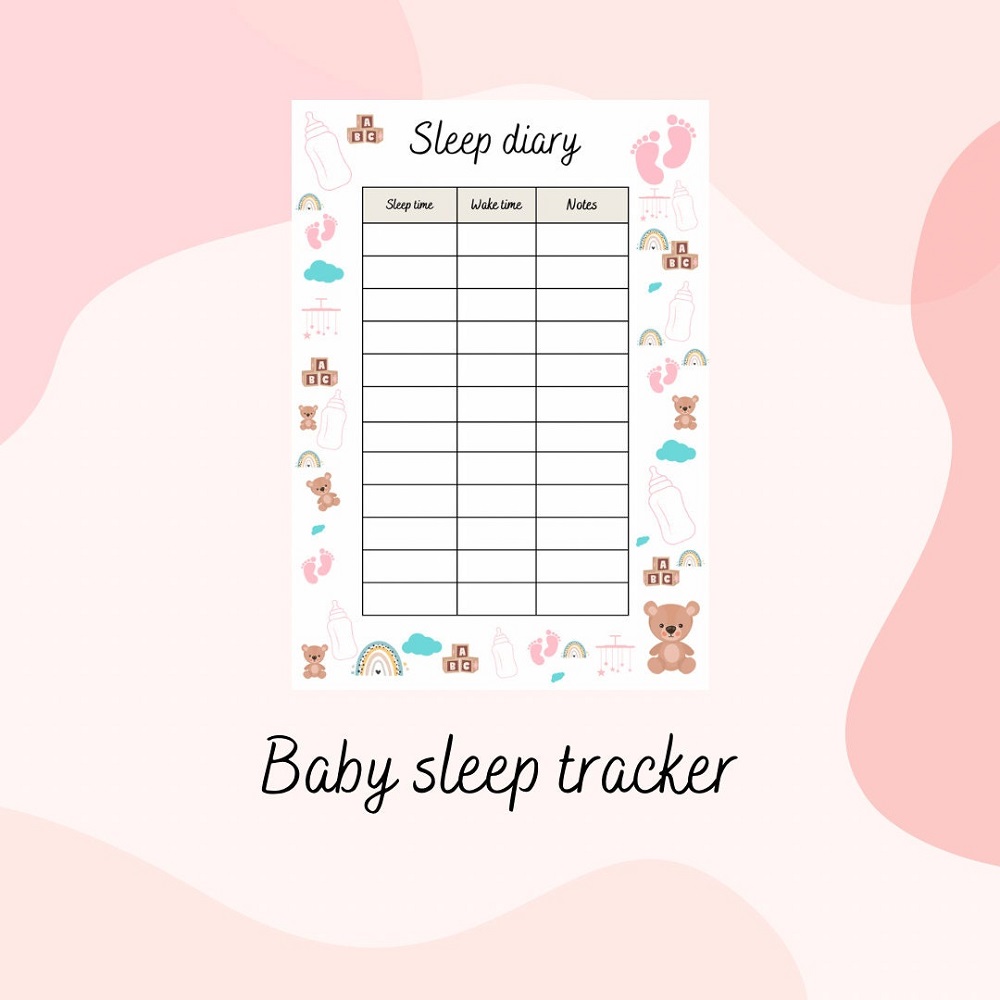
Evaluating Cost Factors
Cost of Apps vs. Devices
When selecting a baby sleep tracker, cost is an important consideration. Most sleep tracker apps offer free versions with basic features, while premium versions may require a one-time fee or subscription model for advanced functionality. Typically, parents can begin using these apps at little to no cost, making them accessible to everyone.
In contrast, dedicated sleep tracking devices tend to be more expensive due to their advanced features and technology. Prices can range widely depending on the brand and capabilities of the device, with some models costing several hundred dollars. For parents on a budget, this price difference may significantly impact their purchasing decision.
Long-Term Value
When evaluating costs, consider the long-term value each option offers. While a free app may seem appealing initially, consider whether its capabilities meet your needs. For parents who want extensive sleep data and insights, investing in a premium app might be worthwhile.
On the other hand, dedicated devices can provide reliable tracking and convenience for parents who prioritize passive monitoring. Weighing these factors will help you determine which option offers the best value for your situation.
Usability and Setup
Ease of Use with Apps
Baby sleep tracker apps are generally user-friendly and accessible for most parents. After downloading the app, you can usually create an account and start logging information within minutes. Many apps feature intuitive interfaces that enable easy navigation and data entry.
Additionally, most apps provide helpful tutorials or guides to assist first-time users. Customization options allow parents to tailor the app to their specific needs, helping them effectively monitor their baby’s sleep patterns.
Setup and Compatibility of Devices
While many parents find sleep tracker apps easy to set up, dedicated devices can bring varying levels of complexity. Some devices may require installation or calibration, including sensor placement and integration with your home Wi-Fi.
Ensuring the device is compatible with your smartphone is essential. Many sleep trackers work through companion apps that provide real-time data and notifications. The more seamless the setup process, the easier it will be for parents to benefit from the device’s features.
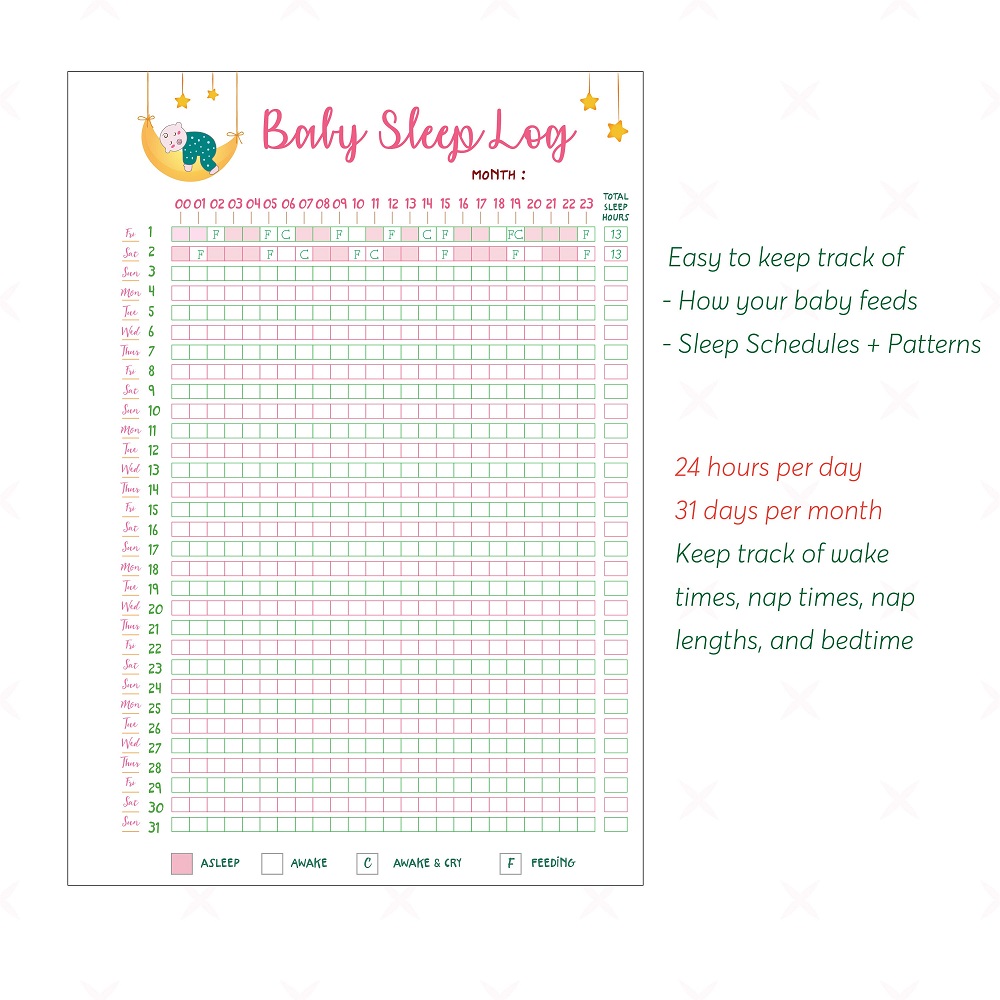
Accuracy of Sleep Tracking
Data Reliability in Apps
The accuracy of sleep tracking can vary among different apps. Most rely on manual data entry, which is subject to human error. As a result, parents may inadvertently log inaccurate sleep times or misunderstand the sleep patterns.
However, some apps have found ways to enhance accuracy through comparisons with recordings from baby monitors or wearables. Leveraging additional information from monitoring devices can provide a more reliable overview of sleep quality.
Precision of Tracking Devices
Dedicated sleep tracking devices generally offer higher accuracy due to their advanced sensors and technologies. Many devices utilize movement and sound analysis, providing more precise insights into sleep stages, duration, and wake times.
These devices tend to minimize human error by collecting information automatically. The advanced tracking can help identify patterns that manual logging might miss, such as frequent awakenings or changes in sleep quality.
Making Your Choice
Assessing Your Family’s Needs
Ultimately, the decision between a baby sleep tracker app and a dedicated device will depend on your family’s needs and lifestyle. For parents who are tech-savvy and prefer mobile solutions, a sleep tracker app may be the best option. The convenience, affordability, and versatility of apps can make effective sleep tracking more accessible.
Conversely, for those who prefer a hands-off approach, choosing a dedicated device may prove beneficial. Its automatic monitoring and advanced features can relieve parents from constantly entering data and give peace of mind.
Finding the Right Fit
When making your choice, consider the unique characteristics of your family dynamics and parenting style. If you frequently travel or are often busy, a device might offer the best ease of use. If you enjoy analyzing data and setting routines, an app may suit you better.
Whichever route you choose, remember that the primary goal is to foster healthy sleep patterns for your baby while also simplifying your parenting experience. By focusing on your family’s specific needs, you can confidently select the right sleep tracking option for a smoother transition into parenthood.
In conclusion, both baby sleep tracker apps and devices offer valuable insights into your baby’s sleep. Understanding the differences between these two options is vital for making the best choice. With the right sleep tracking solution, you can promote better sleep habits for your little one and ensure a more restful night for the entire family.
